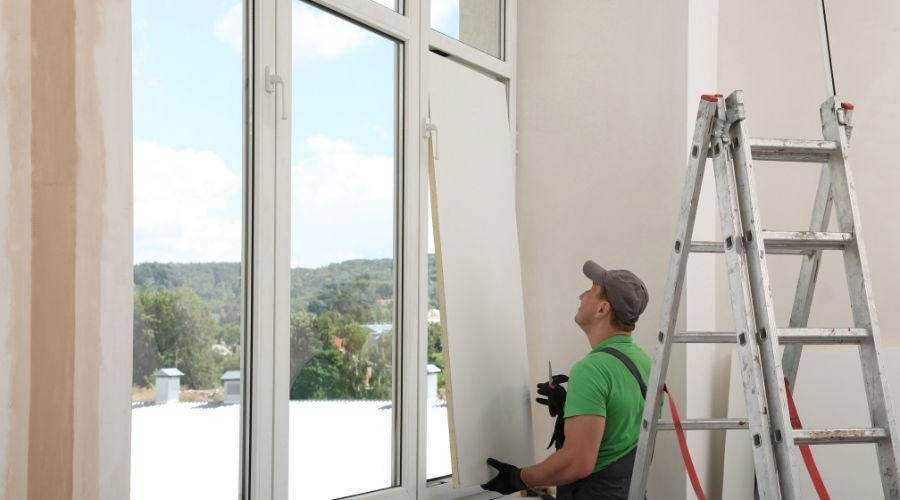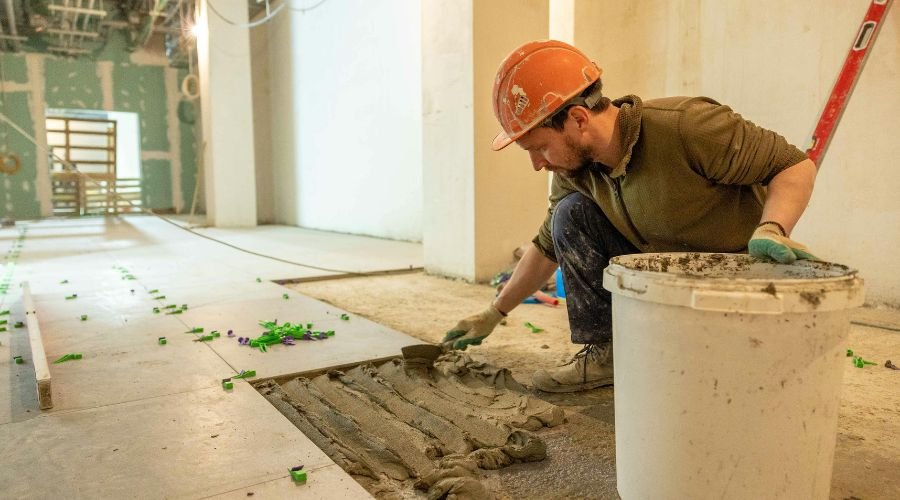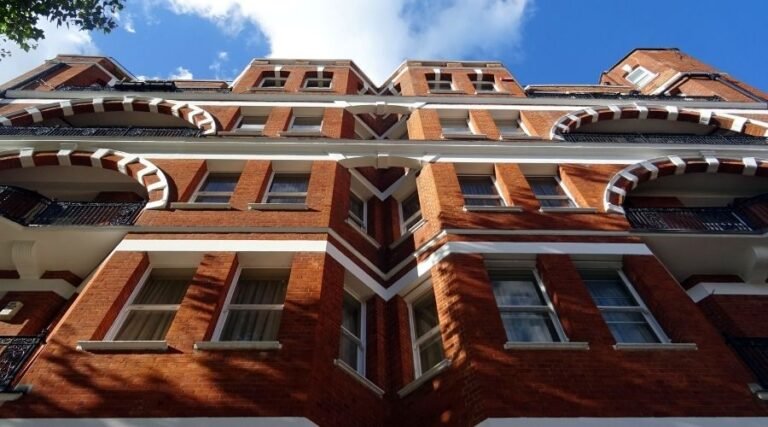Understanding Strata Renovations
Strata Renovations: Working Within Regulations While Improving Value
Strata renovations refer to improvements within shared residential buildings governed by a strata title. These renovations encompass everything from minor cosmetic changes to significant structural modifications. They aim to enhance the living experience and increase property value while respecting the communal nature of strata properties.
Challenges and Complexities in Shared Residential Buildings
Renovating in shared residential buildings presents unique challenges:
- Noise and Disturbance: Any construction work can disrupt fellow residents, demanding meticulous planning to minimize inconvenience.
- Access Restrictions: Limited access points and shared facilities require careful coordination to avoid obstructing common areas.
- Safety Concerns: Ensuring safety protocols are adhered to is critical, as renovations impact multiple residences and common spaces.

Compliance with Strata Laws and By-Laws
Compliance with strata laws and by-laws is paramount. Strata renovation specialists must navigate a complex regulatory landscape, which includes:
- Strata Schemes Management Act: Governs how strata properties are managed in New South Wales.
- Bylaws: Specific rules set by the corporation that regulate aspects such as noise levels, working hours, and use of common areas during renovation.
Understanding these regulations ensures smooth execution of projects, safeguarding both the building’s integrity and residents’ well-being.
Approval Process for Apartment Renovations
Different Levels of Approval Required
Apartment renovations are subject to varying levels of approval based on the extent and nature of the work being undertaken. Simple cosmetic work like painting walls or replacing floor coverings typically doesn’t require formal approval. However, more substantial modifications such as structural changes, plumbing updates, or electrical reconfigurations demand a higher level of scrutiny.
Examples: Cosmetic Work vs Major Renovations
- Cosmetic Work: Painting, minor repairs, interior decorating.
- Minor Renovations: Installing new kitchen cabinets, updating bathroom fixtures.
- Major Renovations: Reconfiguring room layouts, altering plumbing systems, and extensive electrical work.
Procedures for Obtaining Approval
Approval procedures hinge on the complexity of the renovation. For minor renovations, a notification to the strata committee might suffice. Major renovations often require formal approval from the owner’s corporation. This process involves submitting detailed plans and undergoing a special resolution vote during an owners’ meeting. The strata committee reviews these plans to ensure compliance with building standards and strata laws before granting permission.
Engaging in proactive dialogue with your strata committee and owners corporation is essential for smooth approvals and successful execution of renovation projects.
Renovations in Common Areas
Renovations in common property areas significantly impact the aesthetics, functionality, and value of a residential building. Upgrading these shared spaces can enhance the living experience for all residents, making them more appealing and increasing property values.
Defining Maintenance Responsibilities and Exclusive Use Rights
Ensuring clear definitions of maintenance responsibilities and exclusive use rights is crucial when renovating common areas. Strata bylaws often need to be adjusted to reflect these changes accurately. This step helps avoid disputes among residents and ensures everyone understands their obligations regarding upkeep and usage.
Common Area Upgrade Options
Several upgrade options can enhance the functionality and appeal of common spaces:
- Lobby Improvements: Modernize entryways with new flooring, lighting, and seating areas.
- Outdoor Spaces: Create inviting communal gardens or rooftop terraces with barbecue facilities.
- Fitness Facilities: Install or upgrade gyms with state-of-the-art equipment.
- Security Enhancements: Implement advanced security systems, including keyless entry and surveillance cameras.
- Recreational Areas: Develop children’s play areas or multipurpose rooms for events and gatherings.
These renovations not only improve the community’s quality of life but also contribute to maintaining high property standards across the building.

Ensuring Compliance and Quality Outcomes in Strata Renovations
Renovating within strata-titled buildings requires careful attention to both vision and compliance. Building standards and safety regulations in Sydney are in place to protect everyone involved—residents, visitors, and the long-term value of your property. It’s crucial to adhere to these requirements, as ignoring them can lead to legal disputes, expensive fixes, or compromise the safety of residents.
Key players ensure your renovation meets every standard:
- Registered Design Practitioners: These professionals translate your ideas into compliant architectural plans. Their expertise ensures concepts align with NSW building codes and relevant Australian Standards before any construction begins.
- Registered Building Practitioners: Once design approvals are secured, licensed builders execute your project with accountability. They’re responsible for correct material choices, fire safety measures, acoustic insulation, waterproofing integrity, and structural durability.
A strata renovation specialist works as your guide through this technical landscape—interpreting code requirements, managing documentation for owners corporations, scheduling mandatory inspections, and liaising with certifiers. Their involvement protects all stakeholders by:
- Preventing unauthorised works that jeopardise insurance or breach of laws
- Ensuring access routes and essential services remain safe during upgrades
- Delivering outcomes that preserve—and often enhance—the property’s future market value
Compliance isn’t just a bureaucratic hurdle—it’s the foundation of quality construction that stands the test of time in shared living environments.
The Role of Strata Renovation Specialists in Enhancing Property Value and Resident Satisfaction Through Apartment Renovations and Common Area Upgrades
Strata renovation specialists play a crucial role in maintaining property value and ensuring resident satisfaction within multi-unit residential buildings. Their expertise extends beyond mere construction; they bring a comprehensive understanding of the unique challenges presented by strata living.
Key Contributions of Strata Renovation Specialists:
- Technical Expertise: Specialists possess detailed knowledge of strata laws, building codes, and safety regulations that govern renovations. This ensures compliance and reduces the risk of costly legal issues.
- Project Management: Effective coordination among stakeholders—owners, tenants, and the owners corporation—is facilitated by experienced project managers. This streamlined approach minimizes disruptions and maintains harmony during renovations.
- Design Solutions: Tailored design strategies enhance both private apartments and shared common areas. Thoughtful upgrades can significantly boost the aesthetic appeal and functionality of communal spaces, promoting a sense of community.
- Quality Assurance: Utilizing licensed builders and registered design practitioners, specialists guarantee high-quality outcomes. This helps in preserving the long-term value of the property while meeting residents’ expectations.
Investing in professional strata renovation services is not merely an expenditure but a strategic move to enhance property value and elevate resident satisfaction. By addressing both individual apartment needs and collective common area improvements, strata renovation specialists ensure that every upgrade contributes positively to the living experience in multi-unit residential buildings.




